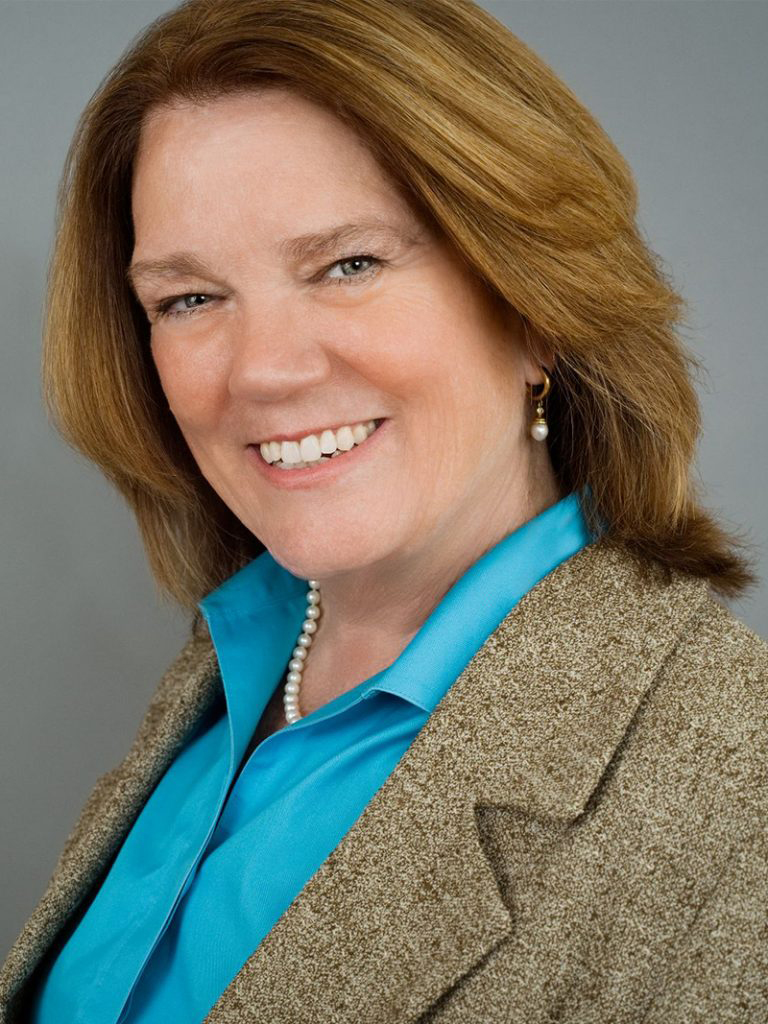Divided We Stand: How the 2020 Election Will Impact Our Economy
How a Divided Federal Government May Help the Economy
History shows the American economy prefers checks and balances. Since 1945, the S&P 500 stock index under a divided federal government has had a 14 percent return whereas under a unified government the experience was 12 percent. (₁)
The 2020 election is not completely over, yet the probability is for a Joe Biden presidency, a tight GOP majority in the U.S. Senate, and a tighter Democratic majority in the U.S. House than before the election as more seats were taken by the GOP. We will have a divided Congress at least for the next two years. Assuming the eventual transition, how will history be written under this administration?
With the 2020 election, political appointments will be meaningful and more competitive, particularly at independent commissions, such as the Securities and Exchange Commission, where personnel is policy.
Next, the implementation of Democratic priorities will be limited with no new large appropriations. At the IRS, there will be limited changes with some gridlock and a not-yet-recovered economy. Two predictions: No capital gains hike; and no increase in the corporate tax rate. Overall, there will be no major paradigm shifts, including:
- No new stimulus programs;
- Infrastructure programs will be constrained;
- Federal rule-making on the Affordable Care Act will take time;
- Clean energy policies may face uphill battles, but appointments are key here;
- There may be the decriminalization of cannabis at the federal level;
- International relations will return to a traditional, diplomatic public stance, with little or no additional trade war threats; and
- The COVID-19 vaccine will take center stage for overall recovery.
Finally, the direct correlation between the Biden administration and the economic recovery is not high. Policy changes take time to show differences, and current policies already have momentum. The U.S. GDP by 2024 could easily be within 1 percent of what it was going into 2020. Different sectors may emerge and other sectors may see strong shifts. Total economic recovery depends more on the efficacy of a COVID vaccine than it does on the government administration.
Other Trends Ahead
There is hope for broad vaccination in 2021. The restaurant, hospitality, and air travel industries have been deeply hit. While they only make up 6 percent of GDP, they make up 15 percent of US employment. Vaccines will be helpful and needed for the recovery of these sectors.
Consumer goods spending is leading the way so far with the recovery, whereas consumer service spending has been depressed. A consumer-promoting and friendly online presence that supports the ability to keep spending while not leaving your home is crucial. Grocery stores did not skip a beat with groceries purchased online and either delivered to your car or directly to your home. The 2020 stimulus was the largest stimulus since World War II. It created personal income wealth and for many people, this was disposable income that could be spent.
The 2020 election will have a small impact on total market valuations. The broad markets are currently slightly overvalued as a whole, though there are significant variations across individual stock values. Mega-cap and large tech stocks are overvalued, while one-third of the North American stocks are undervalued and many of these make up 75 percent of the Morningstar 4- to 5-star rated securities. Small-cap cyclicals may benefit from the pent-up demand created in 2020.
Here are some other sectors to watch:
- Restaurants – near-term closures with recovery in 2021. Those that shifted to online and delivery are stronger;
- Travel – recovery by 2023 with cruise ships taking longer;
- Consumer cyclicals – coming off lows;
- Energy – perhaps most opportunity as this is the worst hit. The perception of oil will make a difference on demand;
- Health care – no real change; and
- Technology – robust fundamentals though headwinds are strong and the sector is mostly overvalued,
Uncertainty and change will continue to be keywords for the economy. COVID and its vaccine are charged with these. A divided government may also denote uncertainty and change though it is not one of the areas to attach a lot of your concerns for the economy. A study done by LPL Financial saw the S&P 500 return of 17.2 percent under a Democratic president with a split Congress, 13.4 percent under a Republican Congress, and 10.7 percent under a Democratic Congress (₂). There is a strong probability that we will have a Democratic president and a split Congress. The checks and balances provided hinder drastic changes that alter behavioral demand, shifts in industry sentiment, and general business operations.
The future is full of cobblestones that need to be maneuvered. Although it is tricky and we need to be aware of falling, it also contains beauty. The divided Congress amply reflects our country. The divided Congress historically does not mean disaster for our economy.
We need to learn how to hear, listen to, and record all of our voices. We are teaching that diversity makes us stronger. Inclusion is when all voices are embraced, and our equity comes from both diversity and inclusion. May an outcome from this 2020 election be the evolution of our diverse voices all being heard. If diversity and divided mean something similar, then divided we stand.
About the Author

Kyra Hollowell Morris is a CERTIFIED FINANCIAL PLANNER™ professional in Charleston, SC, and Founder of Morris Financial Concepts. Kyra values people, seeking to create an empowered, abundant life for her customers using her ability to match a person’s desires with their overall resources. Ms. Morris enjoys her own empowered, abundant life with her husband, Rob; her 3 sons: Tucker, Bobby, and Gable; and 2 grandchildren. She is a fourth-degree blackbelt in Karate and participates in sprint triathlons and half marathons. Kyra also enjoys exploring and experiencing the world through food and travel.
The opinions expressed herein are those of Morris Financial Concepts, Inc. (“MFC”) and are subject to change without notice. This material is for informational purposes only and should not be considered investment advice. MFC is an independent investment adviser registered under the Investment Advisers Act of 1940, as amended. Registration does not imply a certain level of skill or training. More information about MFC including our investment strategies, fees, and objectives can be found in our ADV Part 2, which is available upon request. MFC -20-17
- “Market Monitor, Chart of the Week: United We Stand” Jesse Pesut, Goldman Sachs 11/06/2020
- “Winners & Losers of November’s Uncertainty” by Hunter Frey, Analyst – Catalyst Insights


